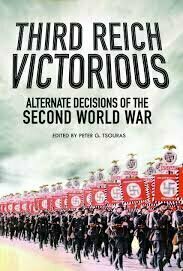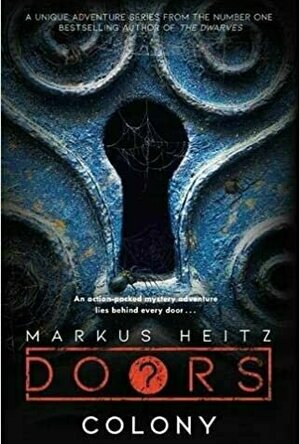
Doors: Colony
Book
When his beloved only daughter goes missing, millionaire entrepreneur Walter van Dam calls in a team...

Santa Claus Worldwide
Book
This is a comprehensive history of the world's midwinter gift-givers, showcasing the extreme...
Christmas Holiday Santa Claus Christian Nonfiction History
RavenclawPrincess913 (253 KP) rated The Silent Unseen in Books
Jun 8, 2022
Author: Amanda McCrina
320 Pages
Published on April 5th 2022
Genre: Historical fiction
This book takes place in Poland in July of 1944 during World War Two. The main character Maria is on her way home after labor she was forced into in Nazi Germany only to find her parents deceased and village gone from the war. When her brother Tomek commander of the local Resistance unit disappears Maria is determined to find him.
This book had a slow start but I love Historical fiction especially World War Two novels so I decided to continue. I loved the plot of the story it's very interesting and felt so real. I love what you can learn from historical fiction novels too. It shows us how emotional and hard it was for the people living during this time. I will be honest that some parts were hard to follow listening to the audiobook though so if you plan to read this book I reccomend getting the physical copy. It didn't take away from the storyline though I still loved it. Finally, I would definitely reccomend reading this emotional book if you love Historical fiction and love novels about World War Two.

Grand Hotel Abyss: The Lives of the Frankfurt School
Book
This brilliant group biography asks who were the Frankfurt School and why they matter today In 1923,...
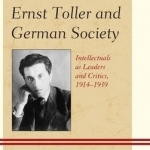
Ernst Toller and German Society: Intellectuals as Leaders and Critics, 1914-1939
Book
During the years of Weimar and the Third Reich, Toller was one of the more active of the "other...
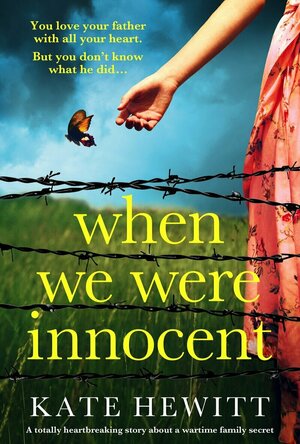
When We Were Innocent
Book
“Dad, you have to tell me the truth. Are you who they say you are? Because I know you can’t be....
Awix (3310 KP) rated Third Reich Victorious: Alternate Decisions of World War II in Books
Feb 24, 2020
The what-ifs vary: what if Hitler served in the navy in the First World war, what if the Russians pre-empted Barbarossa and attacked Germany first, what if Turkey joined the Axis, what if the Germans got the atom bomb in 1944, what if Rommel defeated the D-day landings, deposed Hitler, and the war devolved into a one-front struggle with the Soviets? Most of these are interesting and seem to have been written with the general reader in mind; a few do suffer from getting bogged down with detail. On the whole it is engaging stuff, if recent military history is your thing, and you do come away with an improved awareness that the Second World War was a closer-run thing than most people realise nowadays.
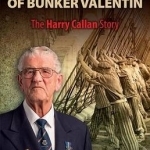
Forgotten Hero of Bunker Valentin: The Harry Callan Story
Book
In 1943, thirty-two Irish POWs refused a Gestapo request to work for Germany. They were sent to a...
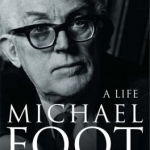
Michael Foot: A Life
Book
The authorised - but not uncritical - life of one of the great parliamentarians and orators of our...

Hitler at Home
Book
A revelatory look at the residences of Adolf Hitler, illuminating their powerful role in...

